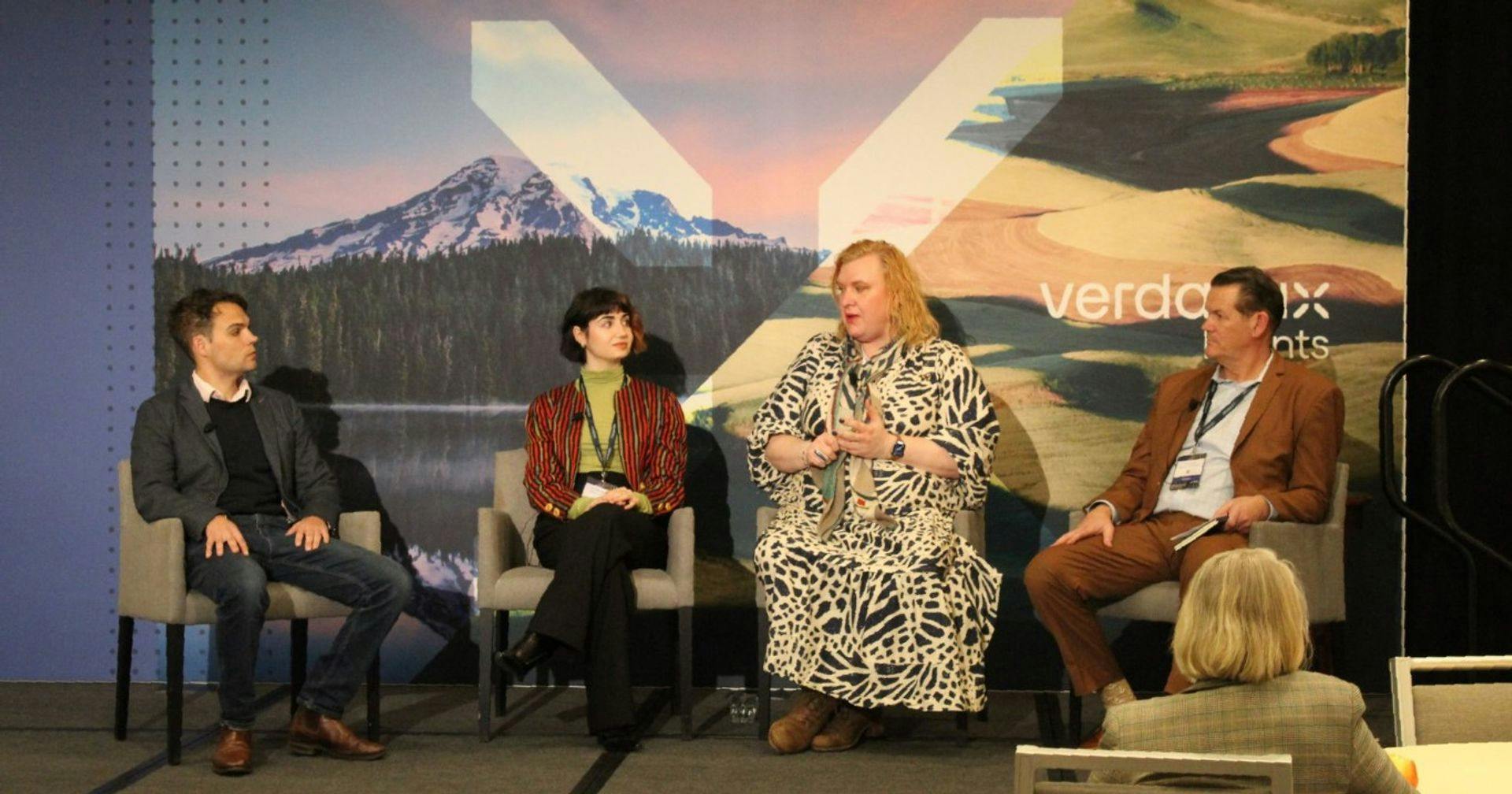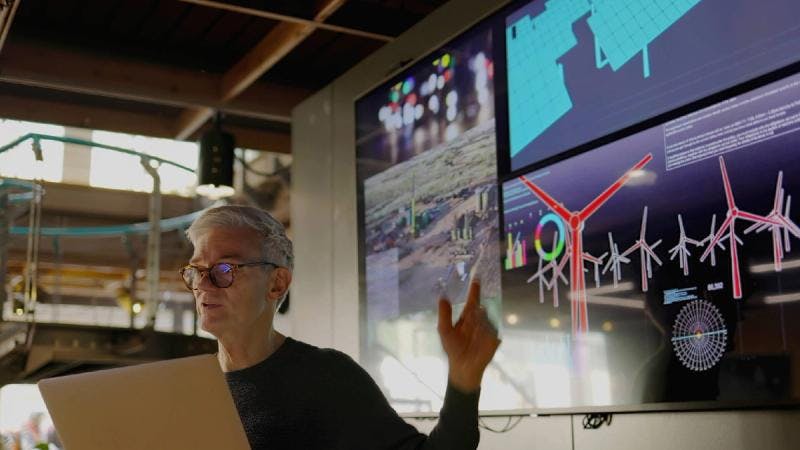On the 20th and 21st of February 2024, Verdantix hosted the inaugural US Climate Summit in Washington DC. With over 150 corporate attendees – representing various industries from technology giants, financial institutions and consumer goods – the event featured diverse speakers covering core topics including climate data management, AI and achieving ambitious climate targets. Key learnings from the summit reveal:
- Data remains vital, especially in the face of an evolving disclosure landscape.
One of the most significant discussion areas across the summit was how to strategically gather, structure and use climate data as part of broader climate change strategies. Speakers recognized endemic uncertainty concerning regulated climate disclosure standards – both in the US and Europe – and explored how proactive data management strategies, including assurance and stakeholder data collection, are critical to ensure regulatory preparedness. Climate action, therefore, should adopt a collaborative approach to data; both primary data managers and value chain clients can benefit from building data collection infrastructure. In many ways, climate action is a field of opportunity for firms looking to differentiate strategy: differentiation from competition can be achieved by demonstrating ambition in the fields of supply chain data collection, nature impact quantification and waste management. - Communication is pivotal to drive internal support for climate action.
Climate strategies require internal investment and capital allocation to succeed. For many ESG and sustainability leaders, access to this capital has represented a significant roadblock in the past. Our panellists consistently demonstrated that in key areas, internal stakeholder alignment – often driven by C-Suite and board ambition – is increasing. But how should firms build a business case for increasing climate investment? Some speakers emphasized that climate performance, in the face of regulation, growing supply chain scrutiny and changing customer preferences is now a material financial issue. The importance of reconciling dedicated ESG and operational business functions to drive change was noted universally – and executives can catalyse corporate investment by identifying quick wins and arming business teams with relevant data to capitalize on climate opportunities. - Innovation is the name of the game.
In the absence of strong regulatory guidance in the market, the proliferation of unique corporate strategies has led to innovation in digital implementation, communication and governance. AI is one such innovation area, with attendees curious as to how it could upgrade climate data management. Scope 4 – a novel carbon accounting concept designed to quantify emissions avoided through the use of a particular product – was an area of particular interest, as it unites climate and financial performance at a sold product level. Granular strategic discussions concerning tactical target-setting, risk quantification and carbon accounting were of prime importance to practitioners.
Our next climate summit will be taking place in the UK. Check out our events page for further details, and information about additional Verdantix events in the EHS and ESG space.






